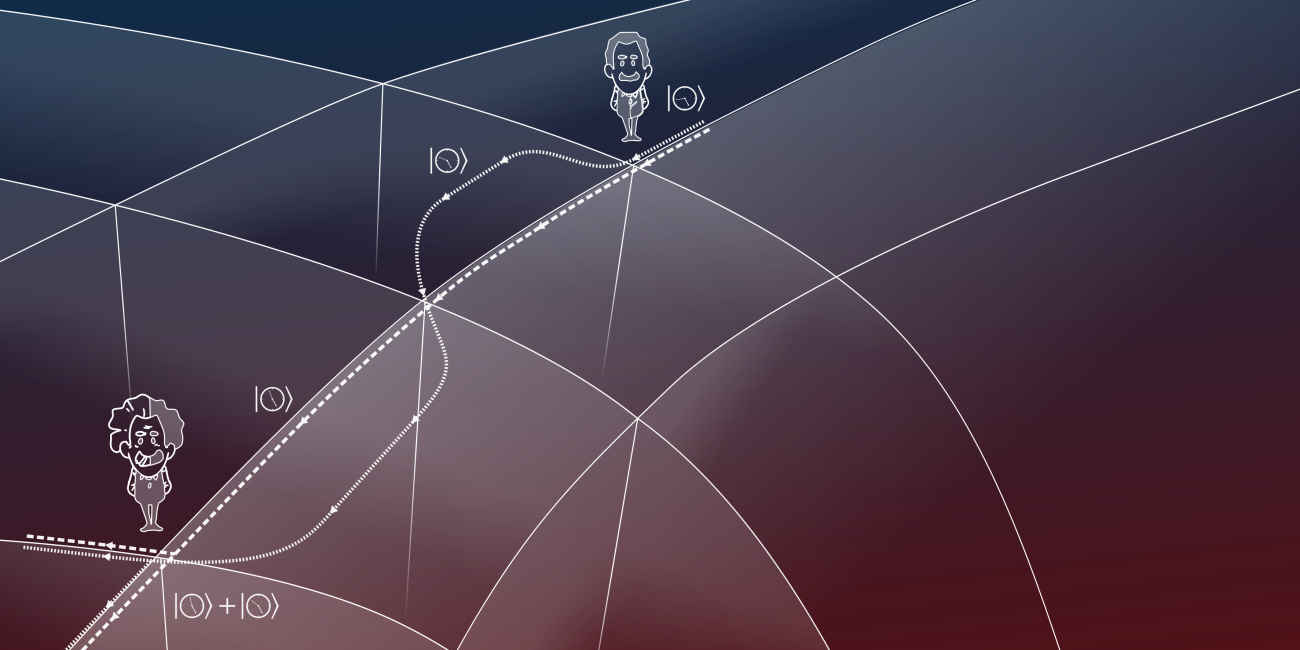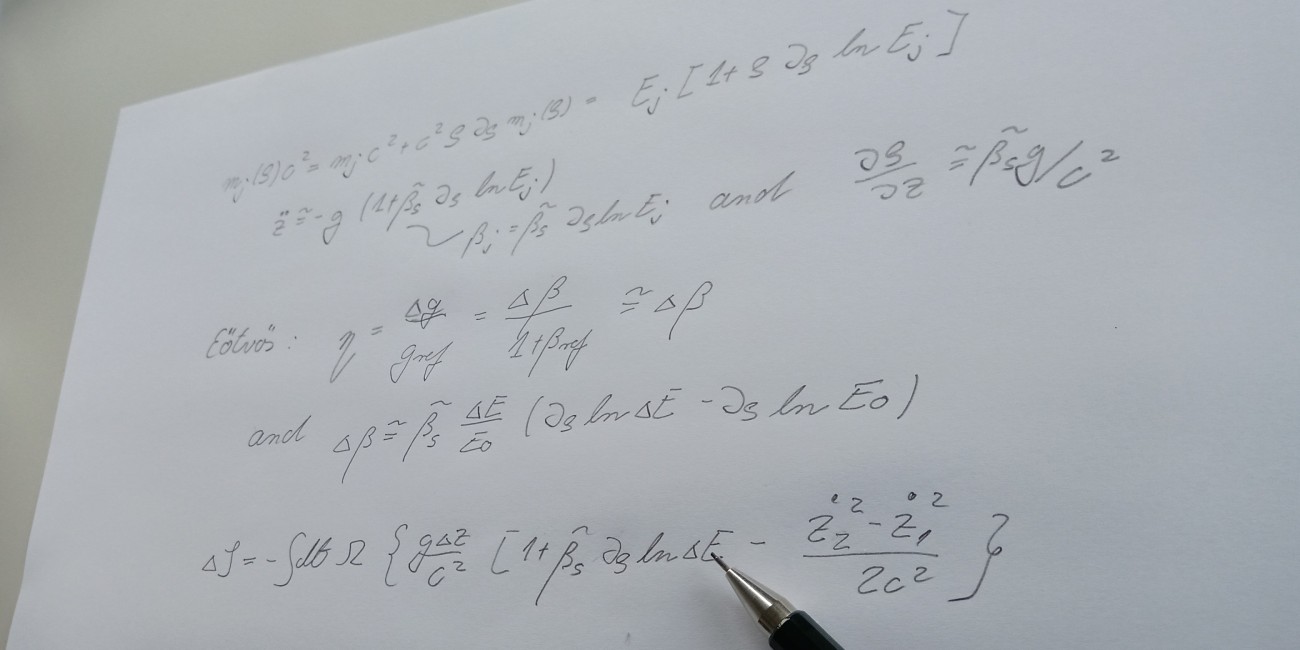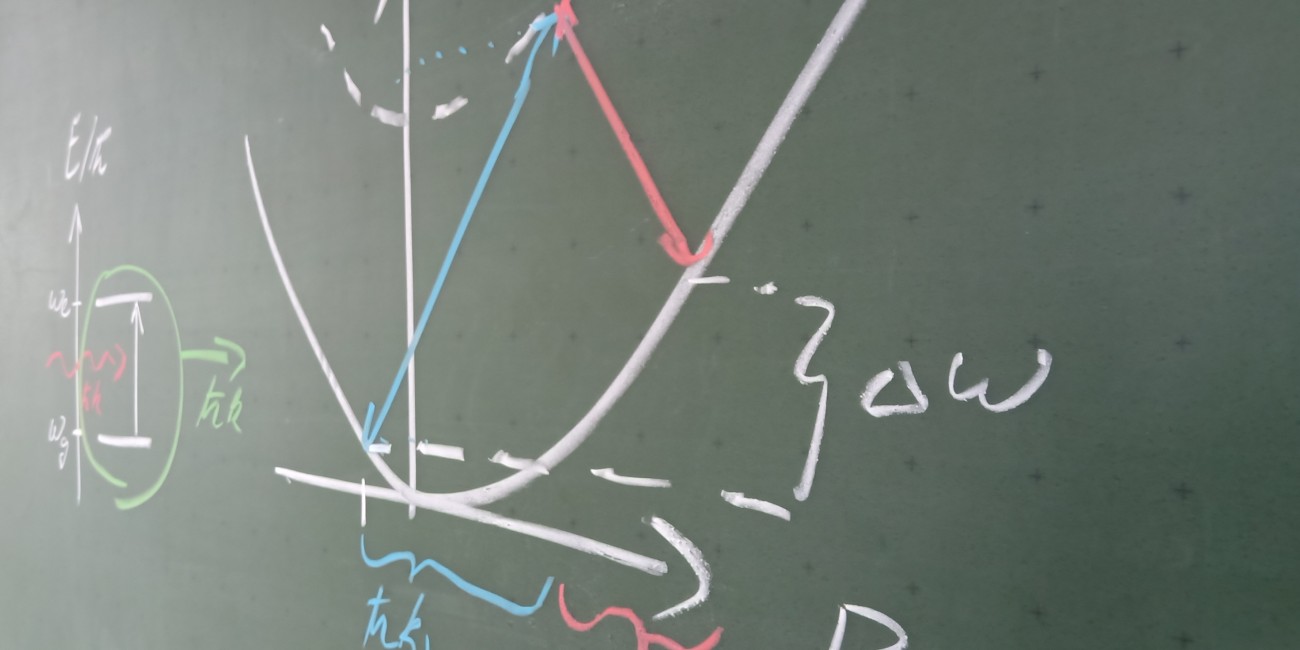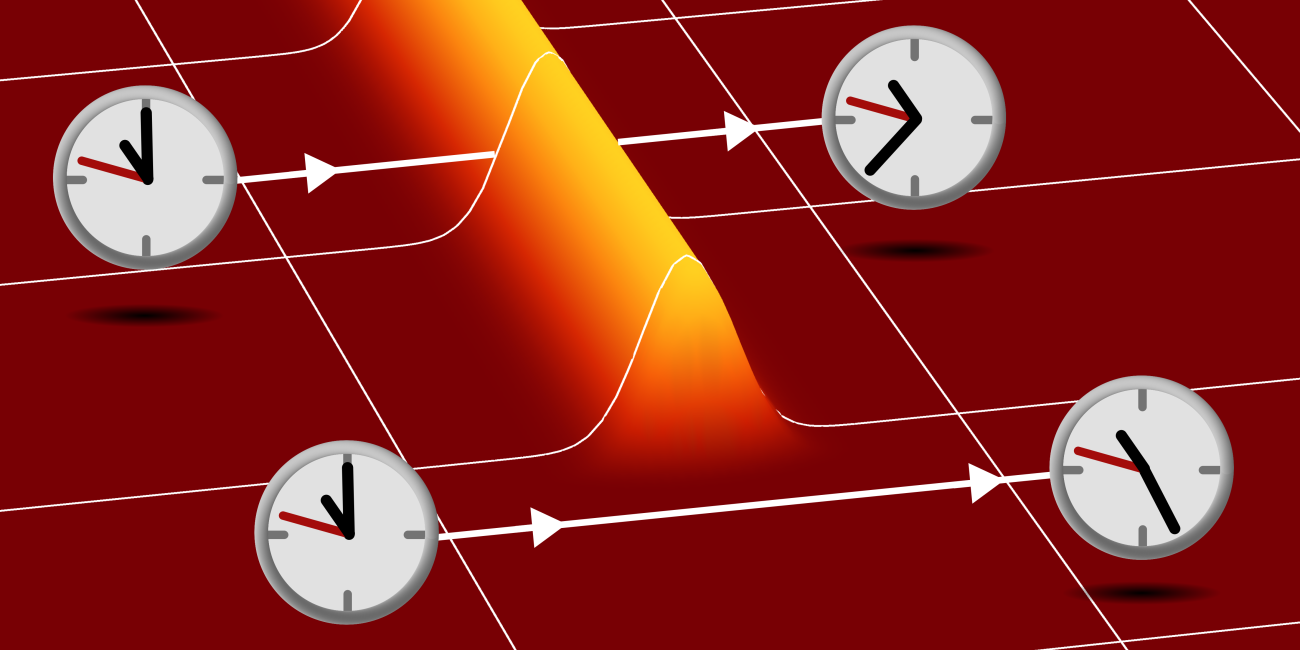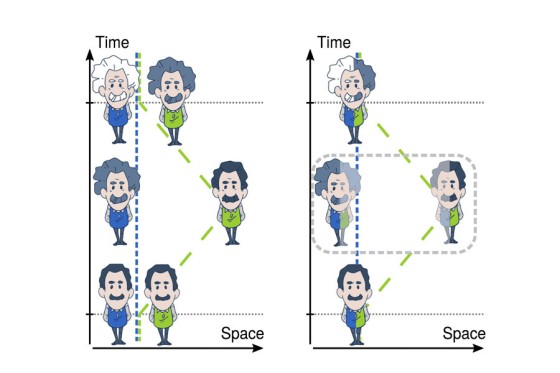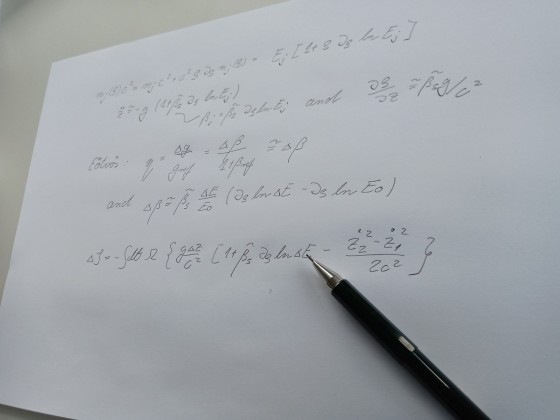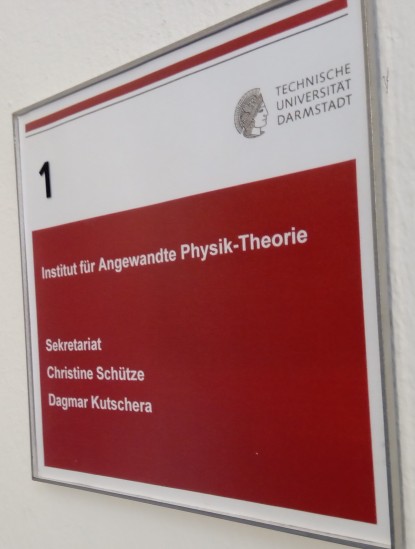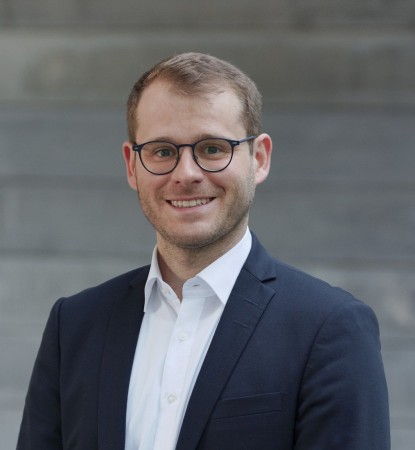Theoretical Quantum Optics
Exploiting quantum optics for sensing and fundamental questions.
The Theoretical Quantum Optics group at the Institute of Applied Physics, TU Darmstadt, studies theoretically quantum properties of light, matter and their interaction. Our research focuses on quantum-mechanical tests of fundamental physics as well as the development of quantum technologies for sensing and metrology. High-precision measurements of gravity lead us to the interface of two fields, namely quantum mechanics and relativity, and sometimes even into space. Our interests range from quantum gases to atom optics, from nonlinear quantum-optical effects to atom interferometry, and from quantum metrology to inertial sensing. Although working on theoretical and fundamental physics, we make an effort to stay in touch with the experimental reality.
New Publication
By folding the arms of an atom interferometer and allowing atoms to traverse multiple loops, a new interferometer configuration is poised to significantly enhance sensitivity for detecting gravitational waves at infrasound frequencies.
C. Schubert, D. Schlippert, M. Gersemann, S. Abend, E. Giese, A. Roura, W. P. Schleich, W. Ertmer & E. M. Rasel
A scalable, symmetric atom interferometer for infrasound gravitational wave detection
AVS Quantum Science 6, 044404 (2024)
Featured in Scilight 2024, 471104 (2024) and on the cover of AVS Quantum Science 6, Issue 4 (2024)
New Publication
Our team contributed to the implementation of an atom-interferometric quantum sensor of vibrations, expansion rates of atomic clouds, and photon recoil onboard the International Space Station ISS, performed by NASA’s Cold Atom Laboratory CAL.
For more info, see the publication Nature Communications 15, 6414 (2024).
New Publication
Since elapsed time is intertwined with the trajectory of a particle, concepts like proper time cannot be easily transferred to the quantum world: Researchers at TU Darmstadt unveil the time measured by a clock during quantum tunneling.
P. Schach & E. Giese
A unified theory of tunneling times promoted by Ramsey clocks
Science Advances 10, eadl6078 (2024)
Scientist Sabine Hossenfelder reports on our article on Youtube. Additionally, our work is featured in an article What is “time” for quantum particles? by Christian J. Meier.
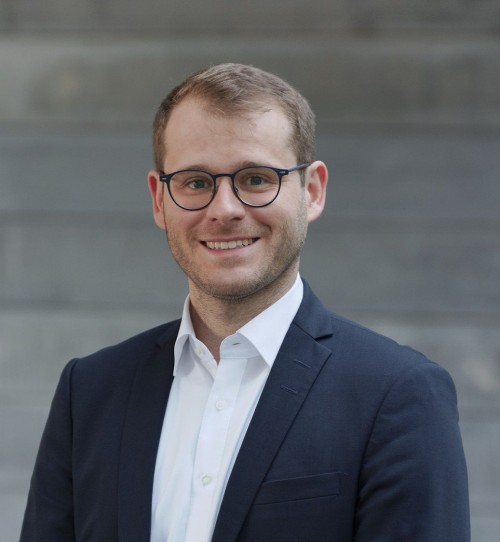
Group Leader
Prof. Dr. Enno Giese heads the research group ''Theoretical Quantum Optics'' at the Institute for Applied Physics.

